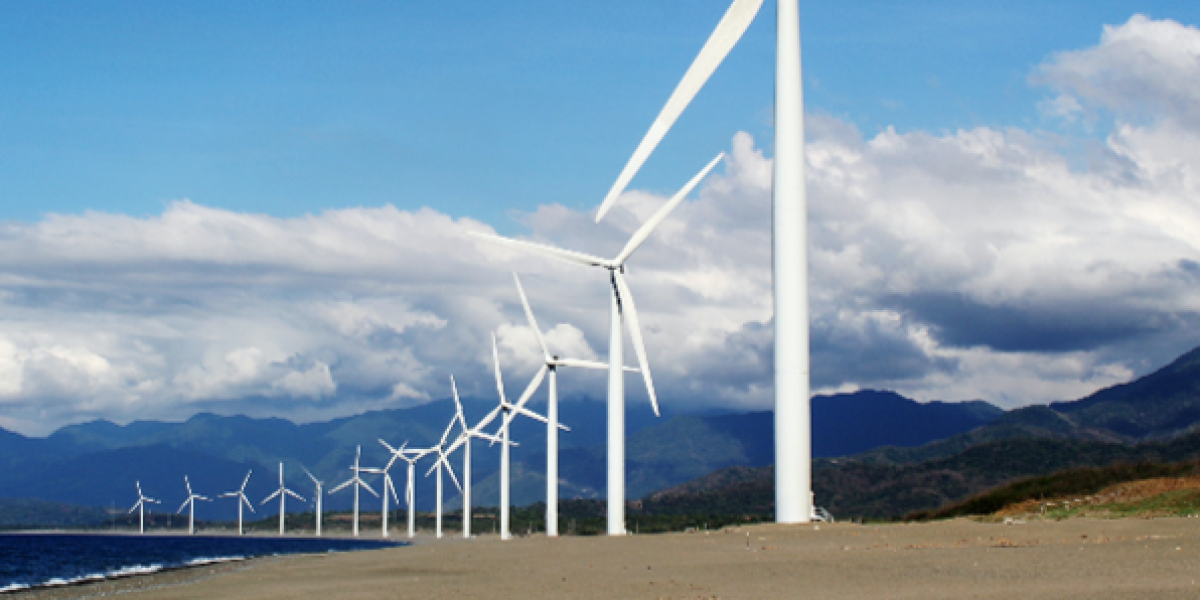Patents on renewable energy – what to do?
The global demand for renewable energy is massive. This calls for continuous development of renewable energy technologies with respect to lowering of costs, increasing the efficiency of the technologies, and limiting negative environmental impact and consumption of raw materials. Will patenting your technical developments provide a blockage or be a helpful tool in the green transition?
The desire to make a positive difference is a driving force for many people engaged in developing and refining novel renewable energy technologies. The concept of striving to obtain a monopoly on your technical progresses and inventions by applying for patent protection may appear contradictory to the desire to spread the technology and develop it in cooperation with the community of companies and developers working with the same technology.
The decision to patent or not to patent is not simple to make, why we here provide you with some insight and perspectives on the subject.
Pro-patenting arguments
Patenting ensures continued development by providing disclosure of inventions, and by facilitating return of investment. Rather than being a blockage to development and exploitation of new ideas and technology, a carefully devised patenting strategy can be a useful tool to bring the technology to a stage of more widespread use by protecting core ideas and know-how.
In particular, the filing of patent applications may be helpful by:
- Anchoring the ownership of innovations and know-how in your company instead of in persons
- Allowing you to freely disclose and discuss ideas and technology with other companies and developers after the filing of the patent application
- Attracting investments for development, refinement, and validation of products for market introduction as the value of the investments is protected by the patent applications
- Entering partnerships and cooperation with other companies for development, marketing and sale of products and services
- Maintaining control of your inventions while allowing others to use and explore the inventions under licensing agreements
If you decide not to patent
You can have many reasons to decide against seeking patent protection for your developments: if a possible patent would be difficult to enforce, if the commercial advantage is considered to be small, or if you wish to maintain the development as a trade secret, or if you prefer the technology to be freely accessible. Regardless of your reason not to patent, you need to consider the possible consequences if another company applies for patent protection. If your development is not publicly available, e.g. by a detailed publication, others may obtain patents that potentially can prevent you from using the development.
Consider publishing your developments, such as by articles or a published patent application, which may be abandoned after publication
Competitor’s patents and patent applications
Patents and patent applications are available in searchable databases, some publicly accessible and some more advanced pay-for-use databases. The contents of the databases can provide you with valuable information whether or not you choose to seek patent protection, such as:
- A landscape analysis within a specified technical area can provide you with knowledge of the state-of-the-art of inventions that have not yet been implemented
- Technical areas and intensity of patenting by your competitors can provide you with useful Business Intelligence about the direction of research and development and may reveal upcoming competitors
- Freedom-to-Operate analyses can be used to uncover possible risks of patent infringement and may be employed to steer you direction of development
Let’s end with a confession: We’re patent attorneys, so we are all for patents – when they make sense for you and your company. If you want to know more, please feel free to contact us at HØIBERG for a talk about your company’s questions and needs when it comes to patents.
Need to know more?
If you wish to know more about patenting renewable energy technology, you are welcome to contact our experts Trine Klemensø & Jens Jørgen Schmidt.
